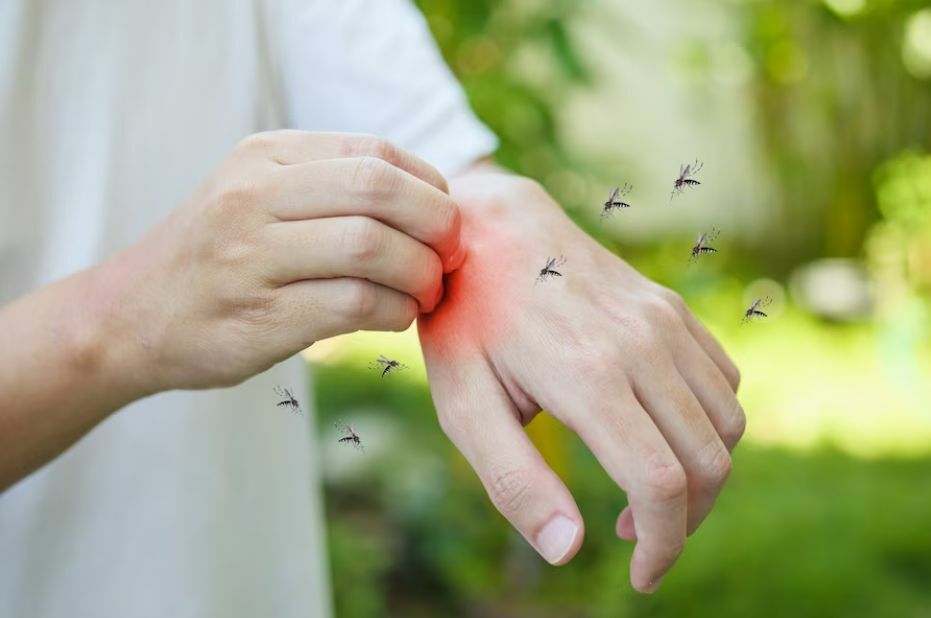
The Department of Disease Control (DDC) has reported a significant increase in the number of dengue fever cases during the first half of this year, nearly tripling the figures from the same period last year. This surge in dengue patients continues to pose a challenge to the healthcare system. Tragically, 33 individuals have lost their lives due to this severe outbreak.
The transmission of dengue fever through mosquito bites, specifically from infected Aedes species, remains a major public health concern. The DDC has observed a sharp rise in cases, with an alarming rate of 1,500 to 2,400 new dengue patients being diagnosed each week. Shockingly, there have been one to three deaths reported weekly as a result of this viral infection.
The majority of affected patients fall within the age range of five to 14 years old, while the second most affected group belongs to the age range of 15 to 24 years. According to the Bangkok Post, the South region appears to be the most heavily impacted, followed closely by Bangkok and the Central Plains provinces.
Medical professionals, including Dr Thira Woratanarat, an associate professor at the Department of Preventive and Social Medicine, Faculty of Medicine, Chulalongkorn University, share widespread concerns about this public health crisis. Dr Woratanarat urgently warns against the common practice of using aspirin to treat fevers due to the associated risks.
Specifically, if the fever is a symptom of a dengue virus infection, using aspirin can increase the chances of developing Reye’s Syndrome. This severe disorder affects all organs, with the brain and liver being particularly vulnerable. It leads to a sudden increase in pressure inside the patient’s brain and often results in significant fat buildup in the liver and other organs.













